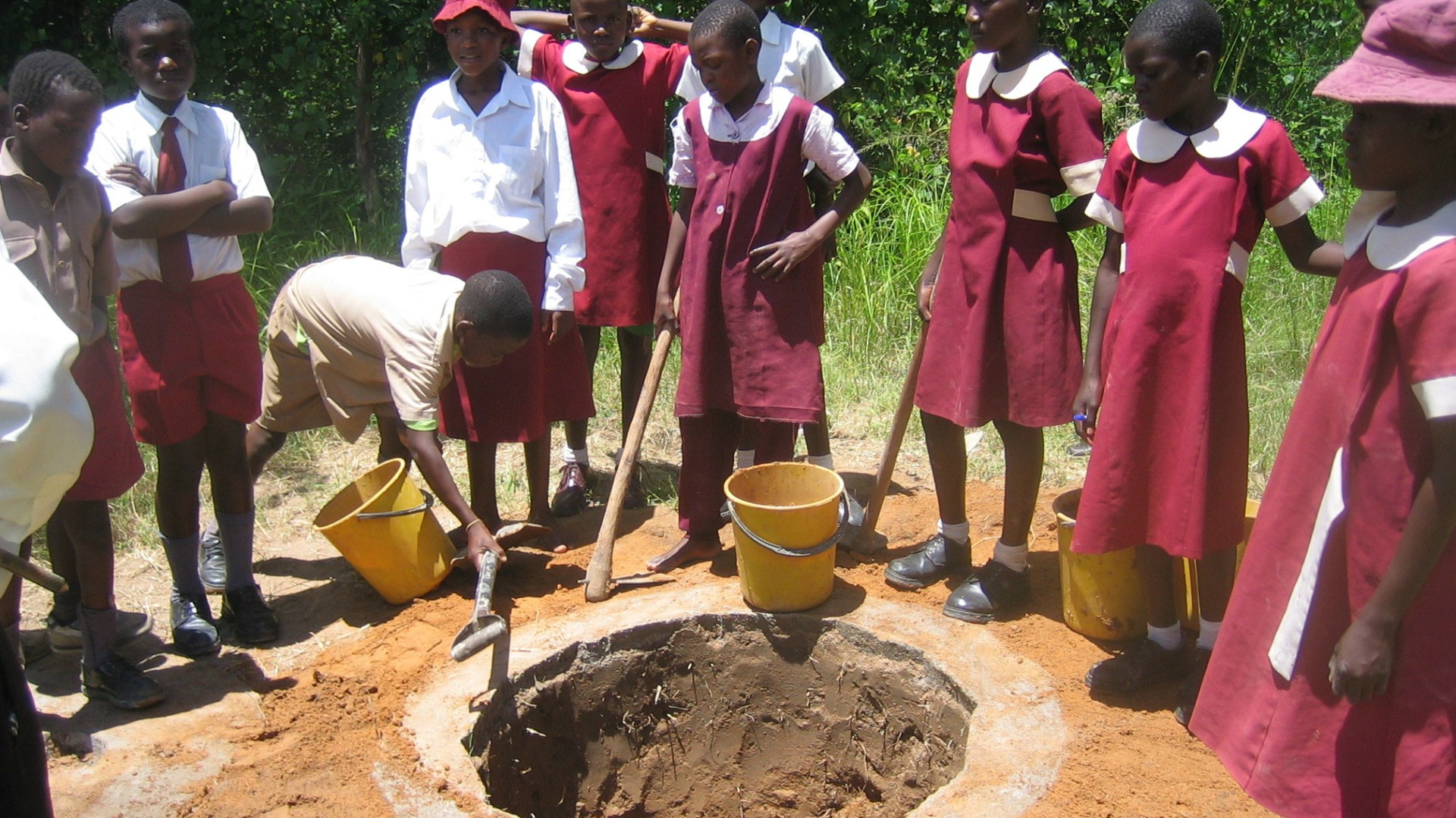Billions of people have new access to clean drinking water. But too many of them have no place to relieve themselves once their thirst is quenched.
That’s the upshot from the World Health Organization’s (WHO) report about access to water and sewers, two essentials for public health.
“Over 90 percent of the world’s population now has access to improved sources of drinking water,” said WHO in a recent 90-page report. “At the same time . . . the world has fallen short on the sanitation target, leaving 2.4 billion without access to improved sanitation facilities.”
Experts say more people own cell phones than have access to a toilet or latrine.
But Christians, faith-based groups, and other charities are ramping up sanitation programs alongside drilling new wells for drinking water and educating parents on personal hygiene. These coordinated efforts are labeled WASH programs for their three-fold (water-sanitation-hygiene) strategy.
“About every 90 seconds, a child under 5 dies as a result of diarrhea caused by contaminated water, poor sanitation, and unsafe hygiene practices,” according to World Vision.
WASH programs have drawn in a huge cross-section of the Christian community, from singer-songwriter Derek Webb's now defunct “dig latrines for Jesus” campaign to www.ToiletTwinning.org, a church-friendly program run by TearFund in the UK, for donors to "twin" their toilet with a new latrine in the developing world. More than 10,000 toilets have been twinned so far.
The 37 leading charities (not all faith-based) grew their WASH programs 60 percent from 2013 to 2014, totaling $187 million:
- In Zambia, Christians and government-supported groups are immunizing infants against Rotavirus, a leading killer due to poor sanitation, and teaching mothers about exclusive breast feeding and oral rehydration.
- In Nicaragua, Methodists are building latrines that feature two holes so when one pit is filled and composted, the aluminum housing can moved over to the adjacent hole.
- In Mali, World Vision and other charities help schools install hand-washing stations for children. This has resulted in a steep decline in diarrhea, trachoma, and Guinea worm.
One reason for renewed focus on hygiene and sanitation is that a global goal to reduce by half the number of people without access to clean water was met in 2010, five years ahead of schedule.
But clean water alone is not enough to reduce the spread of infectious disease. Proper disposal of human waste is an equally essential piece of the puzzle, say development experts.
Since there aren’t enough latrines to go around, many people practice what’s known as “open defecation” by relieving themselves outside. Where population growth is high, there are also very high rates of open defecation. Think Niger, Ghana, or Mali.
“Until everyone has access to adequate sanitation facilities, the quality of water supplies will be undermined and too many people will continue to die from waterborne and water-related diseases,” said Maria Neira, director of the WHO Department of Public Health, Environmental and Social Determinants of Health.
The new goal is that by 2030, there will be universal access to basic sanitation. Much of the emphasis will be on rural areas in underdeveloped nations, where experts estimate 9 of every 10 people relieve themselves in the open.
More Christian groups are supporting sanitation programs on World Toilet Day, which occurs annually on November 19. As part of last year’s campaign, Lutherans in Zimbabwe announced the installation of 30 Blair-style latrines, which have an award-winning design that uses air currents to improve hygiene and prevent flies from spreading disease by trapping them in the latrine.
“Sanitation is terrifically important,” said Canadian missionary Jim Cantelon on the Christian television program 100 Huntley Street. “Putting in a bore hole and not a pit latrine doesn’t make any sense. We take sanitation for granted where we live, but here in northern Uganda, it is absolutely lifesaving.”









